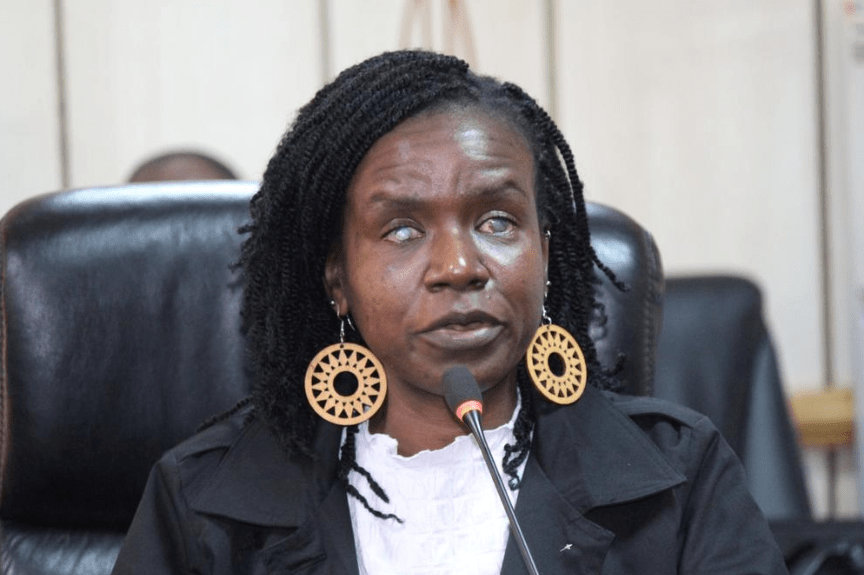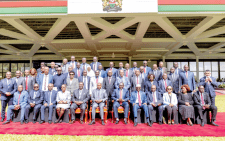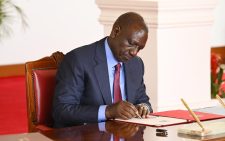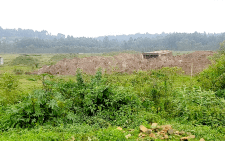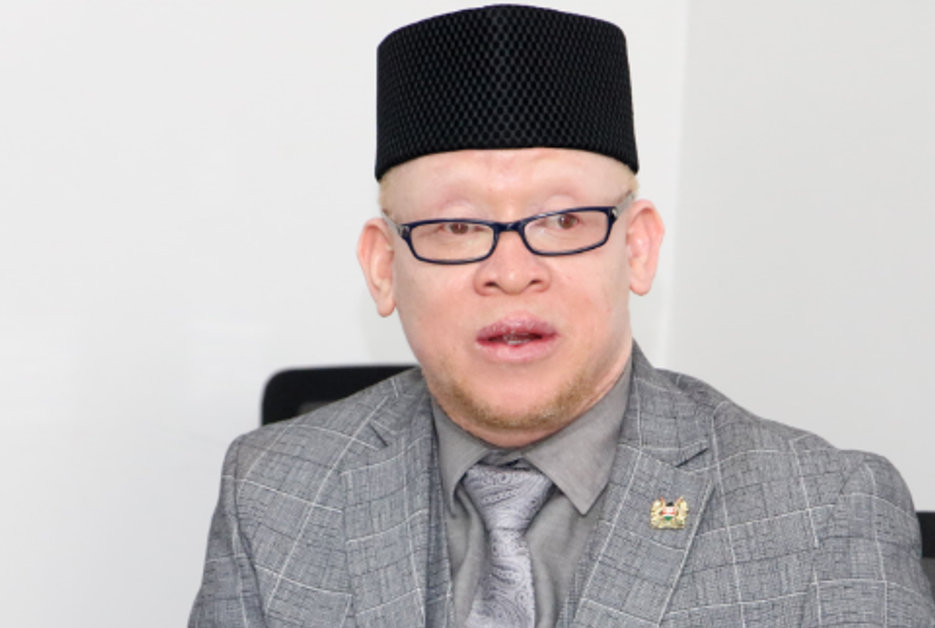Katiba sought to limit president powers
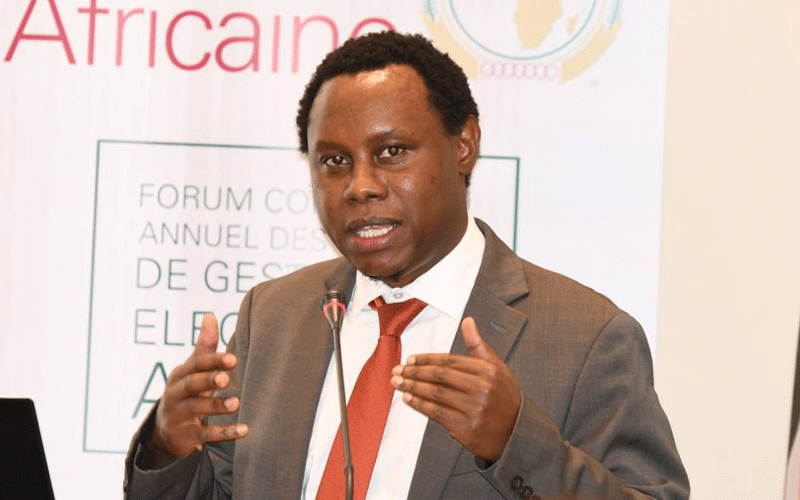
Noah Cheploen @cheploennoah
During the country’s long search for a new Constitution, it was apparently clear that Kenyans wanted the immense powers held by the president and their courtiers limited to promote democracy and safeguard human rights.
It was felt that the immense powers concentrated around the president were prone to misuse and consequently, 10 commissions and two independent offices were created and anchored in the Constitution—a major milestone.
Chapter 15 was dedicated to these commissions and independent offices, which according to the writers and legal experts, was the final antidote for persistent meddling and interference by politicians and their agents.
Touted as the most progressive in the region, the Constitution offered Kenyans great hope for a better future and this feeling was palpable during its promulgation at the historical Uhuru Park, 10 years ago, yesterday.
Some of these commissions and independent offices include the Independent Boundaries and Electoral Commission (IEBC), National Commission on Human Rights (KNCHR), National Land Commission (NLC), Parliamentary Service Commission (PSC) and Judicial Service Commission (JSC).
Others are: Commission on Revenue Allocation (CRA), Public Service Commission (PSC), Teachers Service Commission (TSC) and the National Police Service Commission (NPSC).
The two independent offices are the Auditor General and the Controller of Budget.
Indeed, the Constitution indicates that these commissions and independent offices intended to protect the sovereignty of the people, secure observance by all state organs of democratic values and principles; and to promote constitutionalism.
However, the great hope that accompanied the promulgation seems to have dissipated with these offices are still grappling with political interference—10 years later—as referendum debate gains momentum.
According to Katiba Institute Director Waikwa Wanyoike, the existence of independent commissions can be traced to both local and international factors such as the move by the UN General Assembly to adopt the “Paris Principles” in 1993.
“There is wide recognition internationally that certain functions that are necessary to enhance democracy can best be carried out by a state body that is independent of the formal government,” he says in an article published on the institute’s website.
He adds: “These principles set out the critical elements that a national human rights body should meet to be considered functionally independent.
However, the rationale for the inclusion of most of the commissions in our constitution is local.”
During the Constitution making process, he says, people’s trust in the government was quite low, especially because of the centralisation of power in the presidency and the abuse that came with it.
“In essence, the president and those around him directed what should be done in nearly every sector of the State on the basis of political convenience regardless of how unprofessional or what adverse effects such action would have. The best examples are land and security,” he adds.
Political convenience
He observes that the Constitution was, therefore, meant to address this anomaly, the wanton abuse of power by people around the president.
“So has the system of independent commissions failed?” The Constitution makers perhaps faltered at the final stage,” he opines.
He observed that having devised a system of independent commissions, the drafters of the Constitution left the process or method of appointments open adding that this in essence gave Parliament the powers to determine who is appointed and who is not.
“And they gave the National Assembly the power to approve (or disapprove) commissioners, and the role of deciding whether a complaint against commissioners should lead to removal proceedings,” he says.
For instance, SRC has been subject of constant attack by MPs while NLC was thrown out of Ardhi House in 2019 in a bruising battle for supremacy with the Ministry of Lands.
“The whole structure –intended to ensure integrity, competence and freedom from interference from those with vested interests – seems to be wobbling,” says Wanyoike.
Kenyans have also been calling for the “disbandment” of some of these commissions saying they are overburdening the taxpayer.
There have been calls also for JSC to be reconstituted to ensure it is more representative and protect it from political inference.
A case in point is the long running standoff over the appointment of some 41 High Court judges who were due for promotion.
“One outstanding lesson remains that constitutional independence is not enough… leadership and membership matters a lot,” says human rights defender Ndung’u Wanaina.
President Uhuru Kenyatta has yet to gazette the names of the judges thereby causing a paralysis in the Court of Appeal where there is a biting shortage of personnel. The JSC presented the list to the President in July last year.
